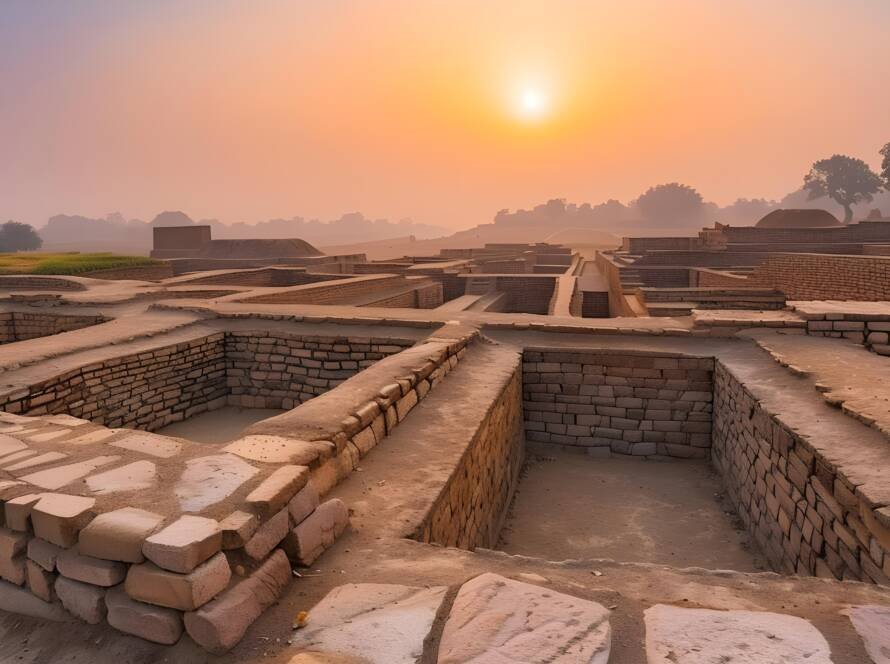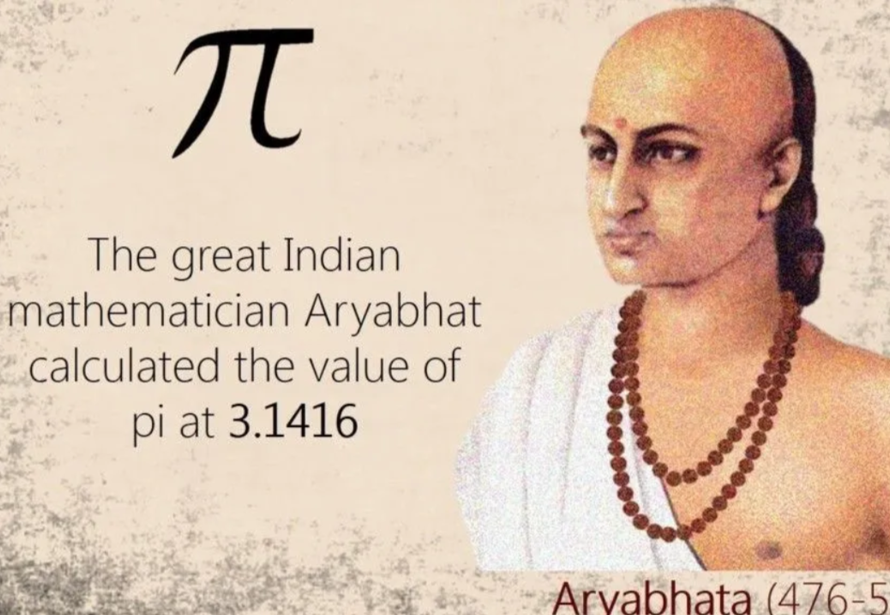Ancient India, a cradle of intellectual and cultural advancements, stands out for its pioneering contributions to science and medicine. From groundbreaking texts that laid the foundation of Ayurveda to innovative discoveries in astronomy and mathematics, the scientific legacy of ancient India is a testament to its rich intellectual heritage. The profound insights and techniques developed during this era not only addressed health and wellness but also shaped global scientific thought. The legacy of ancient Indian science and medicine continues to inspire and influence modern knowledge systems, reflecting a tradition of empirical observation and holistic understanding.
At the heart of ancient Indian medicine lies Ayurveda, an extensive system of knowledge that has profoundly impacted health practices across the world. The Sushruta Samhita, attributed to the ancient sage Sushruta, is a comprehensive treatise on surgery and medical procedures. Written around the 6th century BCE, it provides detailed descriptions of surgical techniques, including procedures for treating wounds, fractures, and even complex surgeries like cataract removal. The text also includes extensive information on various instruments used in surgery, highlighting the advanced medical knowledge of its time.
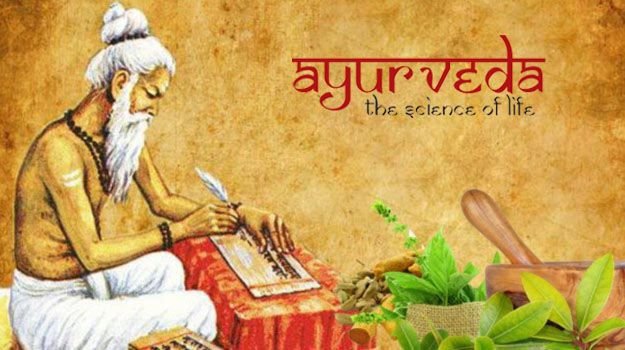
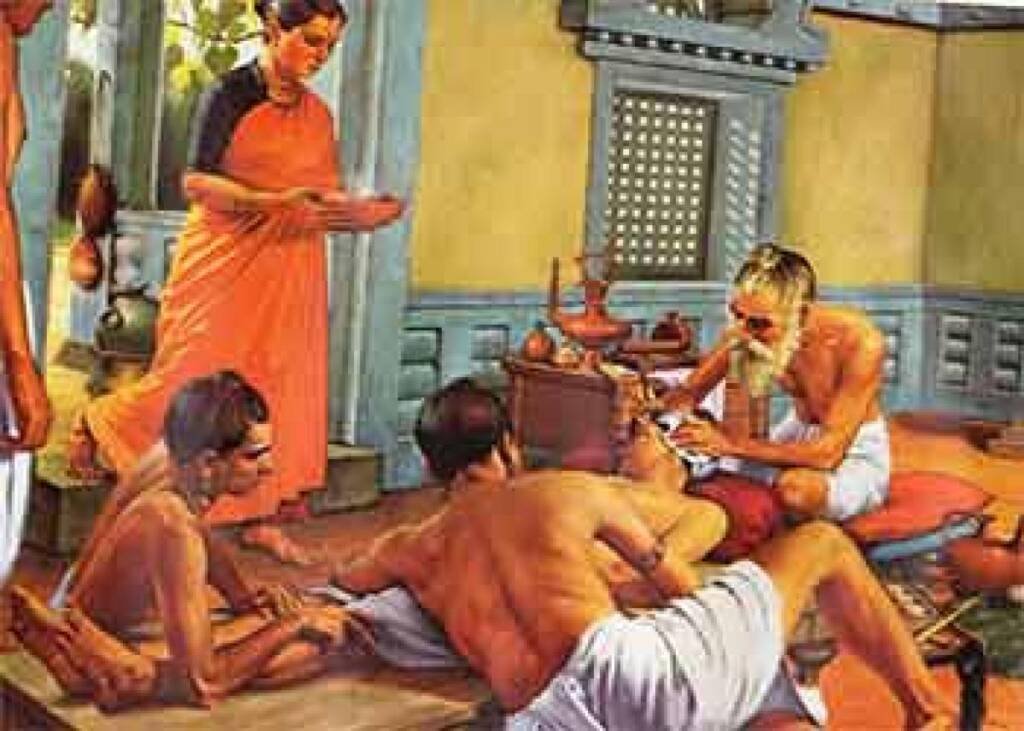
Complementing Sushruta’s work is the Charaka Samhita, attributed to the sage Charaka, which focuses on internal medicine and holistic health. Composed around the same period, this text elaborates on the principles of Ayurveda, including the importance of balance among the body’s doshas (humors), diet, and lifestyle in maintaining health. The Charaka Samhita emphasizes the use of herbal remedies and therapeutic practices, reflecting a sophisticated understanding of pharmacology and preventive care.
In addition to its contributions to medicine, ancient India was a pioneer in the field of astronomy and mathematics. Aryabhata, a prominent mathematician and astronomer of the 5th century CE, made groundbreaking contributions that have had a lasting impact on these disciplines. His seminal work, the Aryabhatiya, introduces concepts such as the approximation of π (pi), the place-value system, and the concept of zero. Aryabhata’s observations on celestial bodies and the mechanics of planetary motion significantly influenced later astronomical theories and practices both within and beyond India.
The emphasis on empirical observation and experimentation is another hallmark of ancient Indian science. Scholars employed meticulous methods to study the natural world, laying the foundation for the scientific method long before it became formalized in the Western tradition. This spirit of inquiry is evident in various texts and practices, from metallurgy and astronomy to medicine and mathematics.
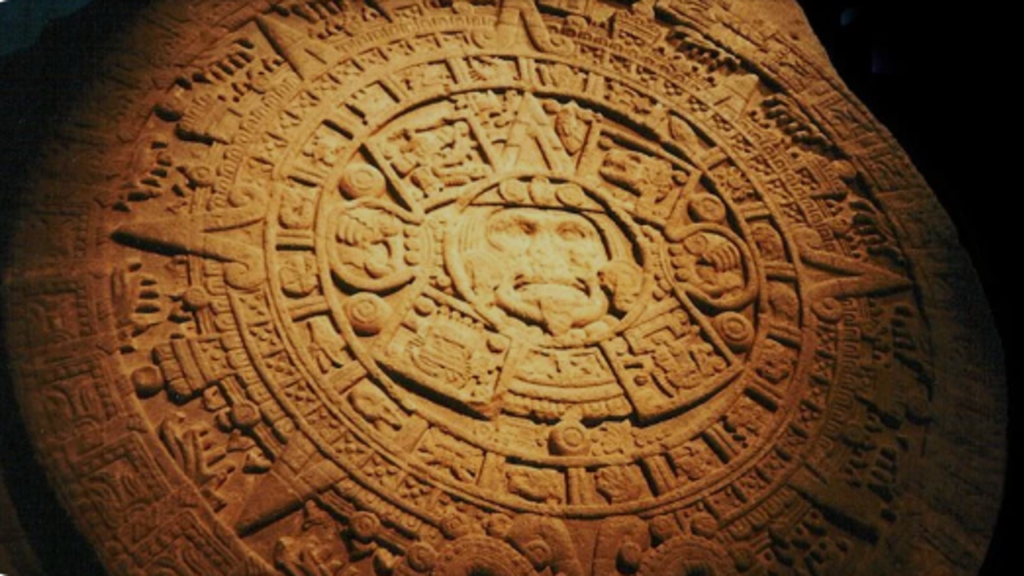
The legacy of ancient Indian science and medicine is not merely historical but continues to resonate in modern times. Ayurveda, with its holistic approach and emphasis on natural remedies, remains a valuable complement to contemporary medical practices. Similarly, the mathematical and astronomical insights provided by ancient Indian scholars have contributed to a broader understanding of these fields and have inspired ongoing research and innovation.
The legacy of ancient Indian science and medicine is a testament to the country’s rich intellectual heritage. The detailed medical texts, innovative mathematical concepts, and pioneering scientific observations from this period reflect a profound understanding of the natural world and human health. This heritage not only underscores India’s historical role as a center of knowledge and innovation but also continues to resonate in contemporary science and medicine, highlighting the enduring influence of ancient Indian thought on global knowledge systems.


